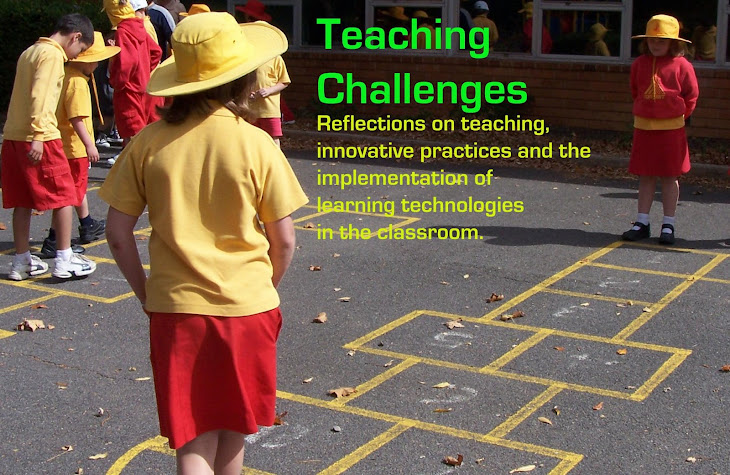When I wrote the last instalment, after failing accreditation, I thought that the story of my experience had finally come to an end. Of course, I wasn't thinking that I would one day be writing again after passing accreditation. I don't think I was willing to believe that would be possible until it actually happened.
It is now January 2022, and I was actually awarded my Experienced Teacher Accreditation Certificate in December of 2020. But still accreditation plagues my mind. Throughout the most recent attempt I felt anxiety every time my thoughts drifted to the accreditation. When I think of it now, it's with relief, but it still brings to mind those painful emotions. By my reading of our new MEA, I don't think I would have been required to do it under this new agreement, given that I started prior to 2003 and have MANY years of teaching experience!
But it's done now.
Choosing an Approach
The second time around, I did the Standards Based Approach rather than the Action Research Approach. I know that in some of my earlier posts I raved about the Action Research Approach due to the learning I gained from the experience. My commendation now has changed because I realise that the tight requirements of accreditation are not conducive to the learning experience that comes from action research. Part of action research involves taking risks and embracing failure. If you want a great learning experience, do action research. If you want to demonstrate your competence, do accreditation. In my opinion, the two should not run side-by-side.
Planning and Guidance
Having chosen the approach I would take, I planned out what I would use and started collecting early. I was VERY specific with pointing out the evidence and explaining this in my annotations. I also worked closely with the staff member at our school responsible for accreditation. I was upfront and honest with him, explaining my experience, my concerns and my fears. He took on the responsibility of being my supervisor.
We met together fortnightly before COVID to keep me on track and ensure that my documentation was thorough enough. More than ever before, I was open to feedback and willing to make any suggested changes.
Time Management
While it caused me great anxiety, I fought through whenever I had a good chunk of time, and worked to make things easier to come back to when I had small pockets of time available. Fortunately I scheduled my observation lessons at the end of 2019 and the first few days of 2020, so by the time COVID hit, I had already finished these.
Due to the challenges of COVID, we had the option of extending the deadline. Initially I intended to take this option, so that I wouldn't get caught out by a mad rush to finish up. However, my supervisor assured me that I would be okay to hand it in earlier, thus finding out my results before Christmas. This made sense as I had all my evidence and was mostly through writing my annotations, and just needed to finish up a few things and get the Head of School Report.
Being Thorough
I really went over everything with a fine-tooth comb, using the checklists they gave to make sure I had covered EVERYTHING! My supervisor also went over everything and was responsive to my panicked emails seeking clarification. Never in my life prior to this had I been so thorough. By the time I handed it in, I couldn't find fault with anything.
And I passed with no need to resubmit. This was an incredible relief.
What I learnt
Through this experience I've learnt that there are times when perfection is required. Times where I have to go above and beyond to ensure I have been thorough in meeting and demonstrating requirements. Times when I have to make sure that what seems logical in my head is spelled out clearly and explicitly for others. I've learnt that I can draw on the expertise of others for feedback along the way rather than trying to do things all on my own. And I've learnt that I can recover from my failures, but the memory of them probably won't pass!
My self-confidence definitely took a hit from this failure. I didn't realise how much so until last year when, having finally conquered this challenge, my confidence seemed to lift again. I think on some level I was worried that I wasn't worthy of being an Experienced Teacher after all. That my skills weren't up to it, and that it was not just accreditation that I was failing, but my whole career! While that wasn't always on my mind, there definitely were times that I doubted myself.
These days I have friends doing their accreditation, and the main advice I have is:
- Don't do the Action Research method.
- Get started early and plan what you will use.
- Be thorough and explicit when showing your evidence and writing annotations.
- Keep checking with their documentation to make sure you are within the guidelines.
- Get feedback from someone who knows the process well.












